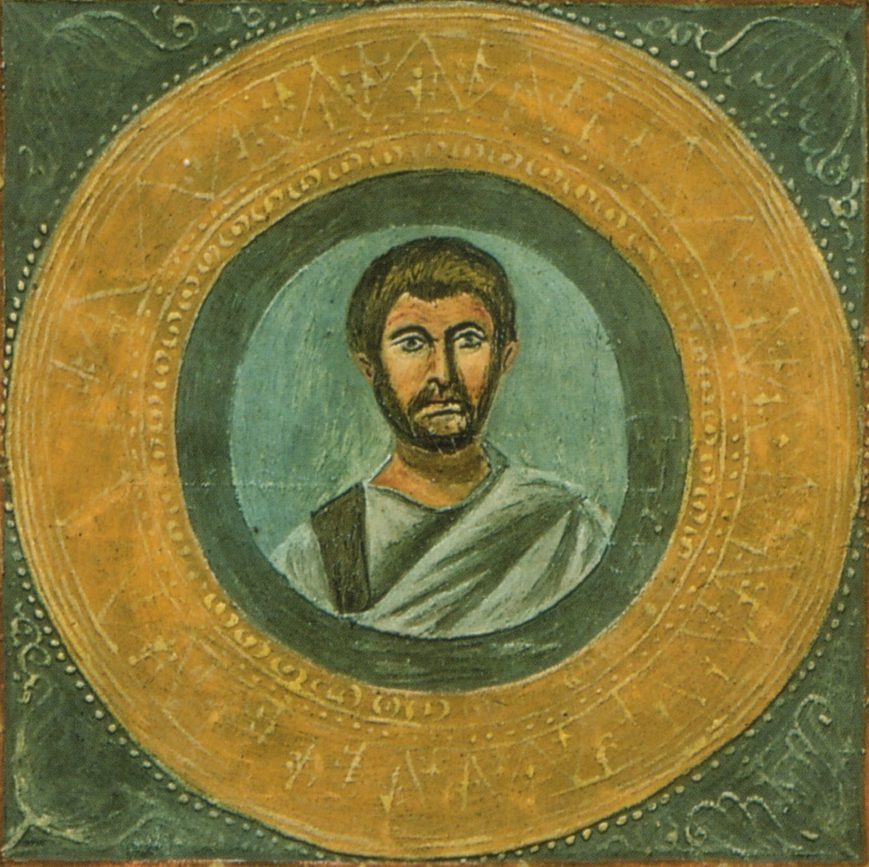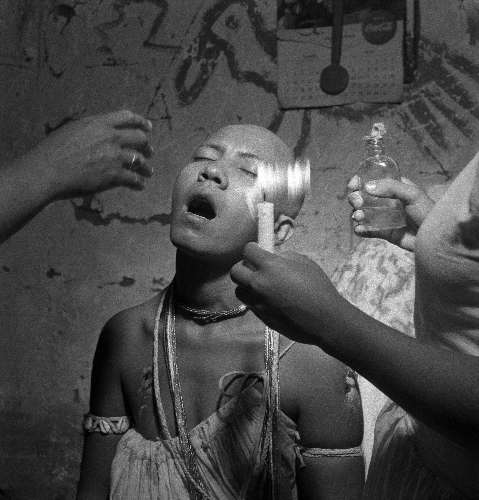Piankhy The Great
King Piankhy of Nubia watched his tribute of gold, cattle, slaves, and fighting men floating down the Nile to his overlord, Osorkon III, king of Egypt. For more than 1800 years his country had been dominated by Egypt, which drew from it much of her gold and most of her fighting men. Now he decided that when tribute was next due he was going to be the receiver not the giver.
During his twenty-five years on the throne, he had been strengthening his power. With his renowned warriors, who had won most of Egypt's battles for her, he was going to march until he reached the mouth of the Nile. King Osorkon and his viceroy, the High Priest of Thebes, would both lick the dust from his feet, and he would return to his capital, Napata, loaded with wealth as no Nubian ruler had ever possessed before. This was in the eighth century B.C.
His plans ready, King Piankhy started out on the conquest of the world's then mightiest power. His fleet and transports were so numerous that they stretched for miles down the river. As he advanced, he captured all the small towns, sacrificing to the gods of Nubia on their altars, until at last he arrived at the first fortress, Hermopolis.
This he besieged and pressed so vigorously that the city was soon at his mercy. The ruler, Namlot, offered to surrender and sent many gifts including even his crown to win Piankhy's favor; but nothing availed until Namlot sent his queen to plead with Piankhy's women. Piankhy then consented to listen.
Throwing himself prostrate at the conqueror's feet, Namlot cried, "Be appeased, Horus, lord of the palace, it is thy might which has done it. I am one of the king's slaves, paying impost into the treasury."
To Piankhy he presented silver, gold, lapis lazuli, malachite, bronze, and costly stones. He filled Piankhy's treasury with the tribute, and gave him a magnificent horse and a sistrum of gold and lapis lazuli.
Namlot's example was followed by his people. Piankhy's inscription says: "Hermopolis threw herself upon her belly and pleaded before the king. Messengers came forth and descended bearing everything beautiful to behold; gold, every splendid costly stone, clothing in a chest, and the diadem which was upon his head; the uraeus, which inspireth fear of him, without ceasing during many days."
Piankhy spared their lives. Later when he visited the stables of Namlot and saw that the horses were famished, he expressed his pity.
With his mighty fleet, Piankhy captured every city until he came to Memphis, which was strongly fortified with high walls, a large garrison, and an abundance of food and supplies.
Landing on the north side of the city, Piankhy, though surprised at the strength of the place, devised a clever plan of assault. Seeing that the high walls on the west of the city had been recently raised still higher, he reasoned that the east side, naturally protected by waters, was probably being neglected. In the harbor ships floated so high that their bow ropes were fastened to the houses of the city. Piankhy, therefore, sent his fleet against the harbor and speedily captured all shipping; then, taking command in person, he rapidly ranged the captured craft together with his own fleet along the eastern walls. This furnished a footing for his assaulting lines, which he immediately sent over the ramparts, capturing the city before the western defenses could get into action. Tefnakhte, the commander, surrendered humbly.
Thus Piankhy won mastery of all the region around Memphis and continued his triumphant march toward Heliopolis; toward the temple of the great god Amen-Ra: toward the palace of Osorkon.
When he reached Heliopolis, King Osorkon and all the lords of the Delta, fifteen in number, surrendered without resistance. An inscription reads:
He came into the house of Ra and entered into the temple with great praise. The chief ritual prayed to the god that the rebels might be repelled from the king. The Dewat chamber was visited that the sedat-garment might be fastened on; he was purified with incense and libations; garlands from the pyramidon-house were presented to him; and flowers were brought to him. He ascended the steps of the front window to behold Ra in the pyramidon-house. The king himself stood alone, he broke through the bolts, opened the double doors, applied the clay and sealed them with the king's own seal. He charged the priests: "I have proved the seal, no other shall enter therein of all the kings who shall arise." They threw themselves upon their bellies before his majesty saying: "To abide, to endure without perishing, O Horus, Beloved of Heliopolis."
By thus entering the holy of holies of the Sun-God, Piankhy symbolized his mastery of Egypt. Ethiopia had become mistress of the then known world!
This done, Piankhy sailed for his home in the south, his ships "laden with silver, gold, copper, clothing, and everything of the Northland; every product of Syria and all the sweet woods of God's Land. His Majesty sailed up-stream with glad heart, the shores on either side were jubilating. West and East...singing: 'Oh, mighty ruler Piankhi, thou comest having gained the dominion of the North.... Thou art unto eternity, thy might endureth, O Ruler, beloved of Egypt.'"






 I think in 20 years you'll really see where Africa is headed.
I think in 20 years you'll really see where Africa is headed.